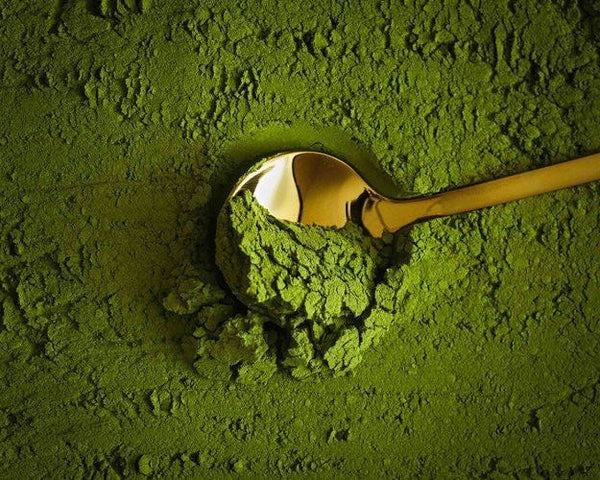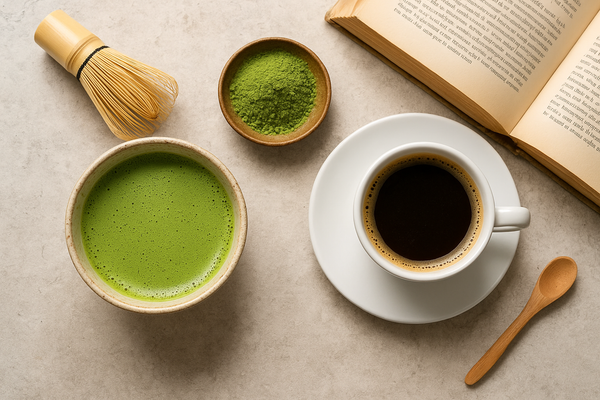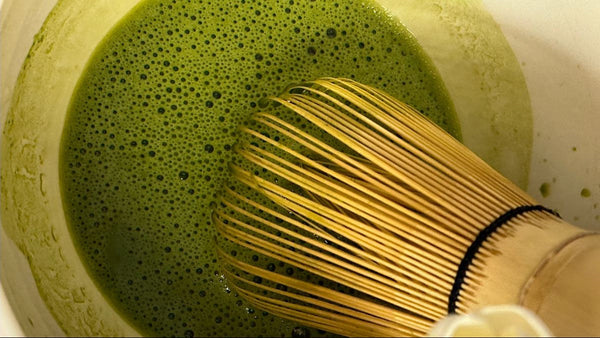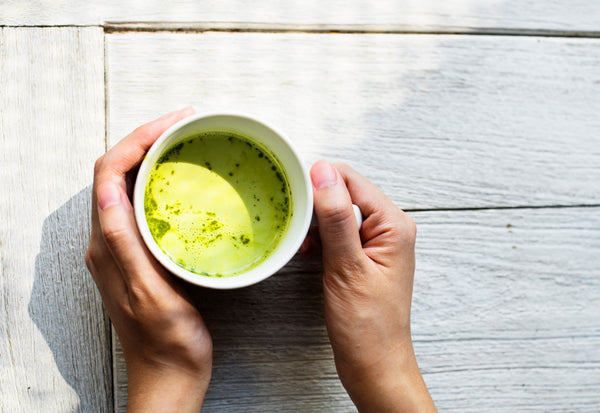In the ever-evolving health and wellness landscape, the spotlight has recently shifted towards gut health, with prebiotics and probiotics taking center stage. These buzz-worthy terms are often associated with numerous health benefits, from improved digestion to enhanced immune function. However, as with any health trend, the question arises: can you have too much of a good thing? In this exploration, we delve into prebiotics and probiotics to unravel the mysteries behind their consumption and whether there is a tipping point where too much becomes counterproductive. If you are someone who has prebiotic and probiotic capsules, this blog post is a must-read for you.
Understanding the Basics:
Before we tackle the question of excess, it's essential to grasp the fundamentals of prebiotics and probiotics. Probiotics are live microorganisms, typically bacteria or yeast, that confer health benefits to the host when consumed in adequate amounts. They are commonly found in fermented foods like yogurt, kefir, and sauerkraut. On the other hand, prebiotics are non-digestible fibers that serve as food for beneficial gut bacteria. Sources of prebiotics include certain fruits, vegetables, and whole grains.
The Gut Microbiome: A Balancing Act
The human gut is a bustling ecosystem teeming with trillions of microorganisms collectively known as the gut microbiome. This intricate community is pivotal in digestion, metabolism, and immune function. Probiotics contribute to this balance by promoting the growth of beneficial bacteria and inhibiting the overgrowth of harmful ones. Prebiotics, nourishing these friendly microbes, further support a harmonious gut environment.
The Benefits of Prebiotics and Probiotics:
Numerous studies have highlighted the potential benefits of maintaining a healthy balance of prebiotics and probiotics in the gut. Improved digestion, enhanced nutrient absorption, and a bolstered immune system are among the positive outcomes associated with their consumption. Probiotics, particularly, have been linked to alleviating digestive issues such as irritable bowel syndrome (IBS) and inflammatory bowel diseases (IBD). The potential benefits extend beyond the gut, with some studies suggesting a connection between a healthy microbiome and mental well-being.
Too Much of a Good Thing?
While the benefits of prebiotics and probiotics are well-documented, the question remains: can you overdose on prebiotics and probiotics? The concept of balance comes into play. Like any complex system, the gut microbiome thrives on diversity. Consuming an excess of prebiotics and probiotics may disrupt this delicate equilibrium.
1. Excess Prebiotics:
While generally considered safe, consuming an abundance of prebiotics may lead to gastrointestinal discomfort for some individuals. Gas, bloating, and diarrhea are common side effects of excessive prebiotic intake. Moreover, certain prebiotic-rich foods may be poorly tolerated by individuals with specific digestive conditions, such as irritable bowel syndrome.
2. Excess Probiotics:
Probiotics, when taken in moderation, are generally safe for most individuals. However, excessive intake, especially through overconsumption of prebiotics and probiotics supplements, may lead to an imbalance in the gut microbiome. This imbalance could result in symptoms such as abdominal pain, gas, and diarrhea. Furthermore, the efficacy of probiotic supplements depends on various factors, including the specific strains used, the dosage, and individual differences in gut flora.
3. Finding the Sweet Spot:
Rather than focusing solely on the quantity of prebiotics and probiotics consumed, a more nuanced approach involves considering individual factors. Factors such as age, overall health, and any existing digestive conditions play a crucial role in determining the optimal balance for each person. If you are consuming prebiotic & probiotic supplements, we advise you to stick to the recommended dosage. Consulting with a healthcare professional or a registered dietitian can provide personalized guidance based on individual needs and goals.
Conclusion:
In the quest for optimal health, the role of prebiotics and probiotics in supporting gut health cannot be overstated. However, the adage "everything in moderation" holds true in this context. So, can we overdose on prebiotics & probiotics? While there is no definitive answer to whether there is such a thing as too many prebiotics and probiotics, it is evident that an individualized, balanced approach is key. By understanding the intricacies of the gut microbiome and heeding the signals from our bodies, we can navigate the world of prebiotics and probiotics to achieve a harmonious and healthy gut.

























